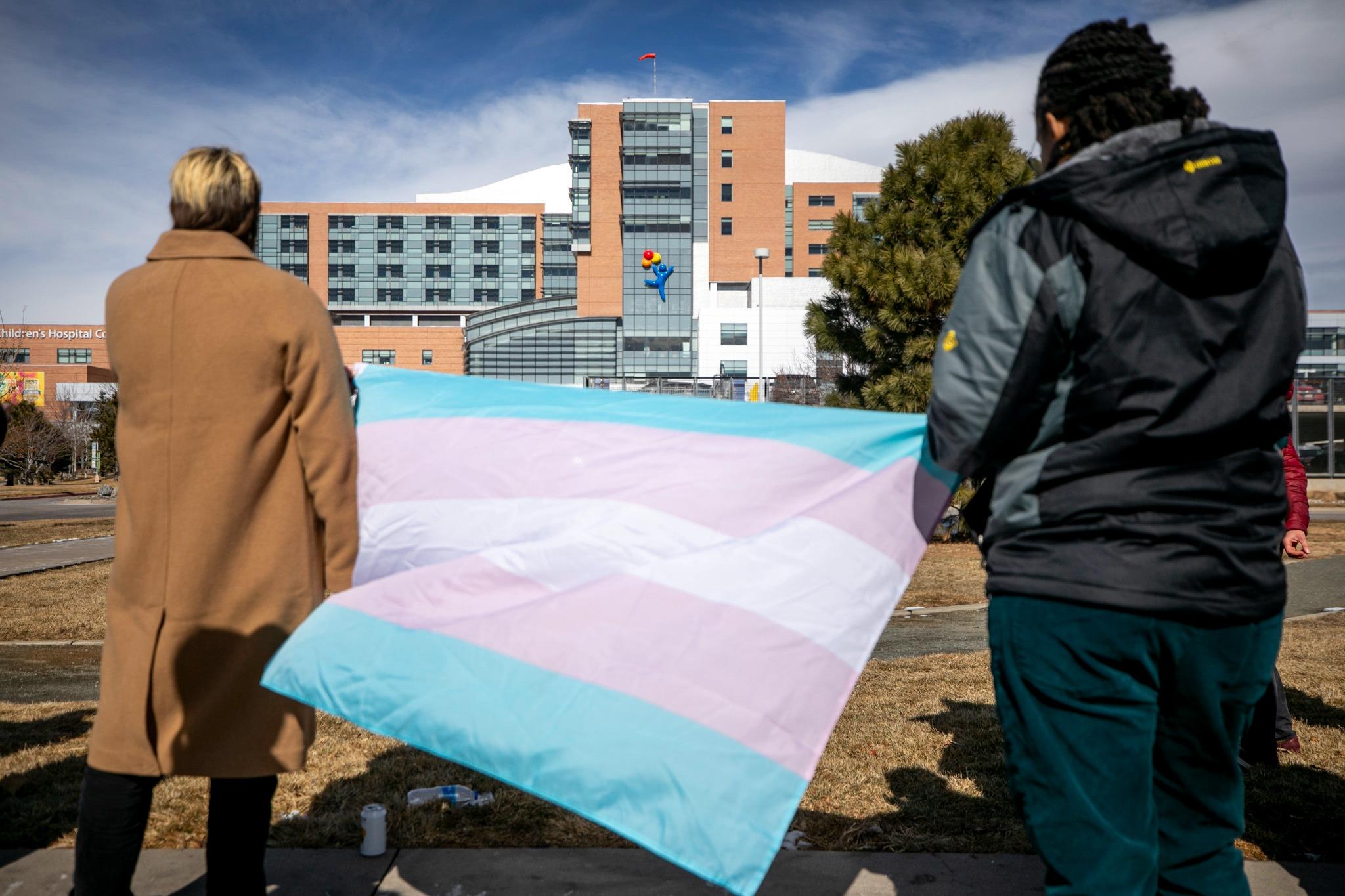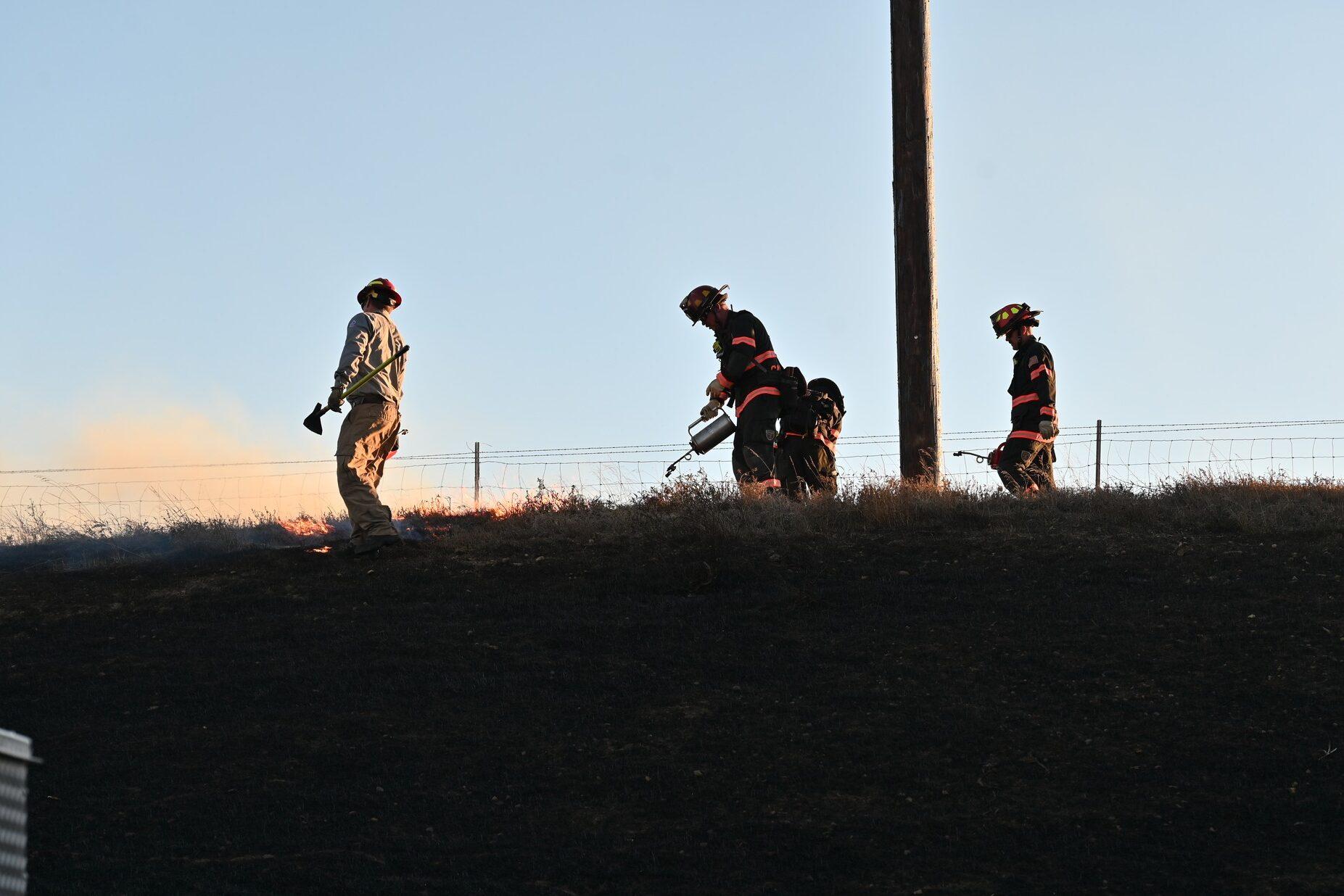
Moments before the Supreme Court announced it will take on the issue of gay marriage, Colorado Matters sat down with the state’s new attorney general, Cynthia Coffman.
As attorney general, Coffman, a Republican, will help decide how the state responds to any ruling from the court.
In Colorado, counties are allowing same-sex marriages in light of lower court decisions. But the state still has a gay marriage ban in its constitution.
On same-sex marriages
Coffman declined to state her personal opinion on same-sex marriage, saying that she has put it aside on "something that is this sensitive." Instead, Coffman promised that she would defend and uphold the law. As the Supreme Court takes up the issue, Coffman says it's hard for her to imagine the court ruling against the legality of same-sex marriage.
Anything is possible, we know, with a Supreme Court decision. It could be that we would be having the debate again at the state level. If so, I think the appropriate policy makers and voters will be engaged in that and once again we'll be there to make the legal decisions about enforcing the law and upholding the constitution.
[...]
I think if Coloradans had the opportunity to vote again on a definition of marriage in their constitution, they would most likely, based on polling I've seen, want to legalize gay marriage.
Coffman's public stance on the death penalty
When Coffman announced her candidacy, she said that Colorado's justice system has been "diminished by an unenforced death penalty." She explained why she feels comfortable expressing that opinion.
There is a distinct difference in the role of the attorney general as prosecutor and law enforcer and that is the hat I had on when I expressed that opinion as a candidate. We are tasked with upholding criminal convictions in death penalty cases. And once someone receives capital punishment, then the appeals come to this office, as they did in the Dunlap case. And we are responsible for representing the victims and the jury that made the decision on behalf of the citizens of the state that an execution was appropriate. So there is a specific role as a prosecutor that the AG has, that I think is different from the perspective of that an attorney general has, say, when looking at a constitutional amendment.
Marijuana as her "top priority"
With the pending lawsuit from Nebraska and Oklahoma, Coffman said that marijuana is again a top priority. She told Colorado Matters that she shares the opinion of former Attorney General John Suthers that the lawsuit is without merit.
I think that the complaint that Nebraska and Oklahoma have is that Colorado should have never been able or allowed to pass Amendment 64. Because under the supremacy clause of the U.S. Constitution, the federal government has taken authority in this area regulating marijuana as a controlled substance. So when I say that it's a federal issue, either really the objection is to the federal government not enforcing federal law. And coming after Colorado and saying another state should not have been able to pass a particular law, to me is a rather absurd result. And not the way I would suggest is best to attack the issue. So yes, we will vigorously defend the law.
Creating a "public integrity unit"
On the campaign, Coffman said that the attorney general needs to have more power to investigate allegations of government corruption, especially at the local level. Coffman even called for a public corruption unit within her office. She told Colorado Matters that she still plans to ask the legislature for that unit.
I choose to look at the bright side, the optimistic side, and refer to it as public integrity unit rather than a public corruption unit. But in fact, the notion is that people want accountability in government. And what I heard when I was traveling around the state during my campaign for ag was a concern by folks -- and it was particularly in rural parts -- that some folks see things that concern them at the local government level, but don't feel comfortable necessarily going to a local district attorney because of ties in the local community.
Colorado Matters also spoke with Gov. John Hickenlooper, state Treasurer Walker Stapleton and Secretary of State Wayne Williams as they prepared to take office.









